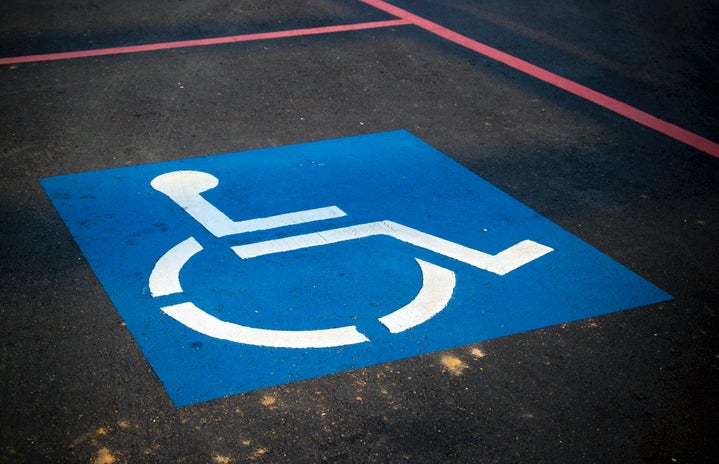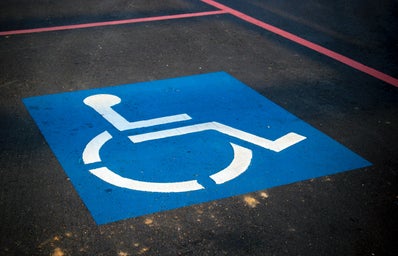As a Black woman, I am statistically more likely to not be believed by my doctors over my white counterparts. This is proven with maternal mortality in Black women versus a White women, and the immense disparities in healthcare, yet once I was diagnosed with Multiple Sclerosis in October 2019, I was unaware of the different set of struggles I’d have to encounter in the future.
As a person with Multiple Sclerosis, I have an auto immune disease, which effects your body on a cellular level, meaning invisible to the human eye. This kind of disability is known as an “Invisible Disability”. An invisible disability is “a physical, mental or neurological condition that is not visible from the outside, yet can limit or challenge a person’s movements, senses, or activities.” Common invisible disabilities include chronic dizziness, chronic fatigue, mental illness, chronic pain, and autism. All of these result in symptoms that are not able to be physically measured/observed, which is how people tend to identify people with disabilities (i.e. wheelchair, crutches, etc). When you have an invisible disability, and don’t use any aid or tool to help people identify a disability, it becomes difficult for people to understand, let alone believe our disability.
When I came into my first regular semester (post-quarantine) after being diagnosed, the struggles of having an invisible disability became clearer. Being absent for days, up to a whole week, then coming back with a full face of makeup, a cute outfit, fit with accessories, people are going to be confused. It is hard to wrap your head around someone being absent for so long, yet having a very put-together appearance. No one would ever down right say “I do not believe your disability is real,” but there would be the weird looks after explaining how I was unable to get out of bed for the past few days, as well as having to show more than efficient proof of my disability. Even close friends would tell me their grievances about how I am ‘always tired’, expressing their disinterest in me not being able to socialize as often.
When your symptoms are consistently questioned, it is difficult to believe them yourself. You begin to have imposter syndrome, feeling as if you don’t ‘deserve’ to have the label of ‘disabled’. You have to learn self advocacy, and practice it. It is rare for your symptoms to be believed without a thorough explanation, so you have to advocate for yourself. I was privileged enough to have a family that supported me in my journey, as well as my best friend, who never questioned my struggles. As a result, I was lucky enough to have a support group, but I believe there are things that the average person should know that would greatly help the relations between disabled and non-disabled communities.
1. DO NOT QUESTION SOMEONE’S DISABILITY
If someone tells you that they are struggling, or experiencing certain symptoms that are not able to be immediately observed (i.e. hurt joints, fatigue, headaches, etc), then hey are telling you this in order to better help you understand their struggles. If you question them, they are more likely to not come to you about their struggles. They may not see you as supportive.
2. DO NOT IGNORE SOMEONE’S DISABILITY
This is a bit of a complicated one, because on one hand, you shouldn’t define a person based on their disability, but on of the other hand, you should be aware of it. Having to remind people of how a disability effects you can become exhausted.
The following year of my diagnosis in February (had only been diagnosed for 4 months at the time) I surprised my best friend in another state for her birthday. It was cold, and I was still learning about my disability and how my body reacts to certain environments. As a result, it was difficult to walk long distances, so when she would graciously stop so that I could sit for a moment, I felt seen and heard. She never made a big deal out of it, even when I would begin to feel bad about my perceived inconvenience. She never made me feel as though I was. Anybody who doesn’t have a chronic illness will never understand what it’s like to have one, but having a friend who acknowledges it and makes appropriate accommodations goes a long way.
Side note: if you yourself have any sort of disability, physical or mental, and you have people in your life that consistently question, deny, or gaslight you and your health, it is best to cut ties with them. People who do not support you can add stress, which is proven to worsen symptoms. Stay safe and understand that you are loved and worthy of being understood and accepted completely.



